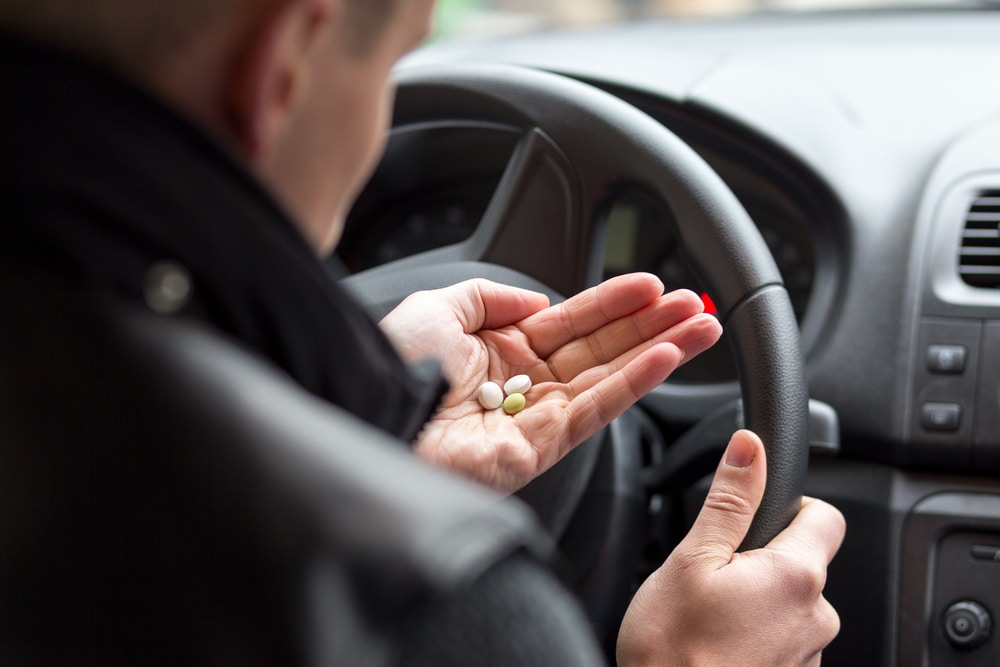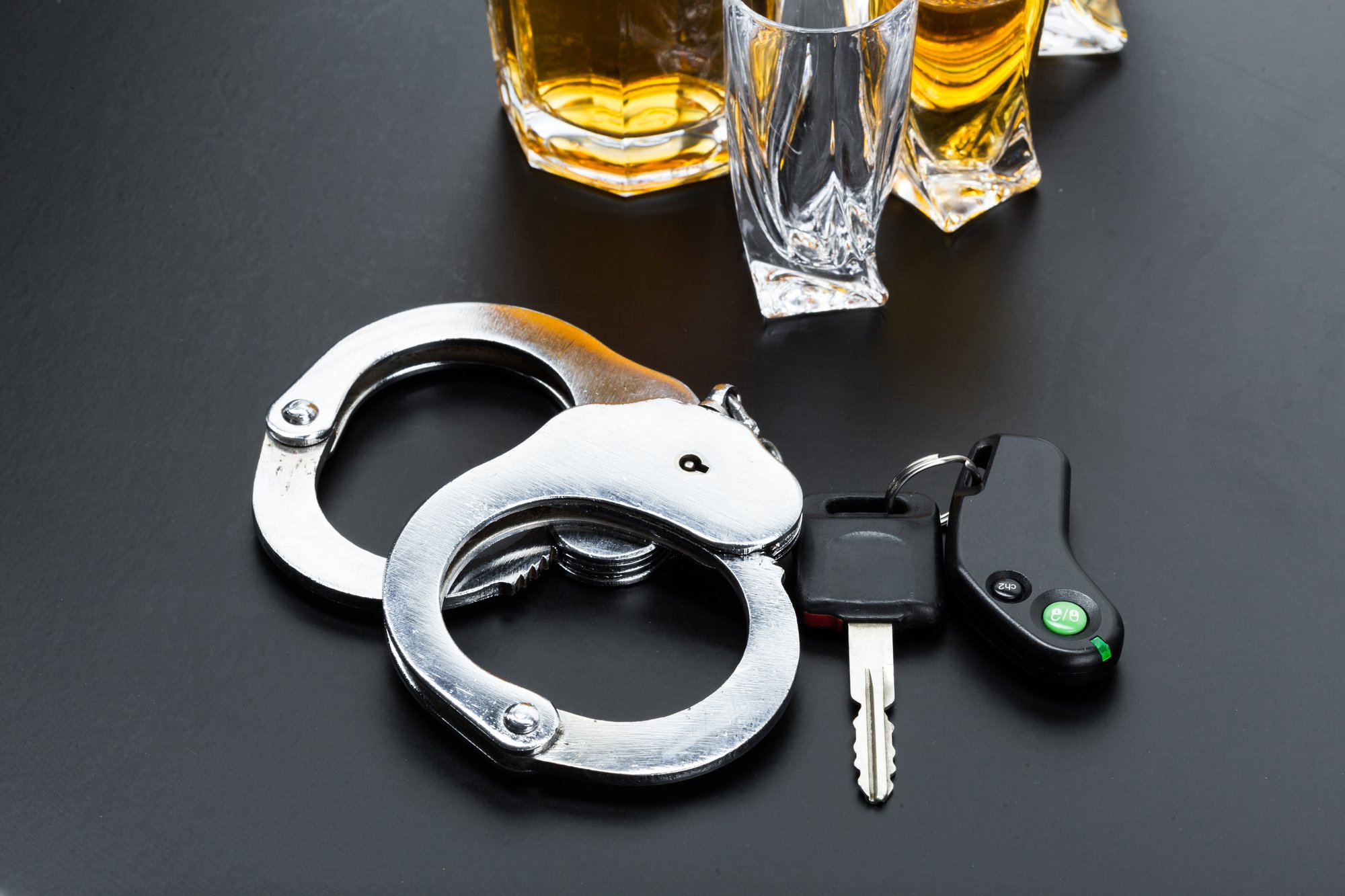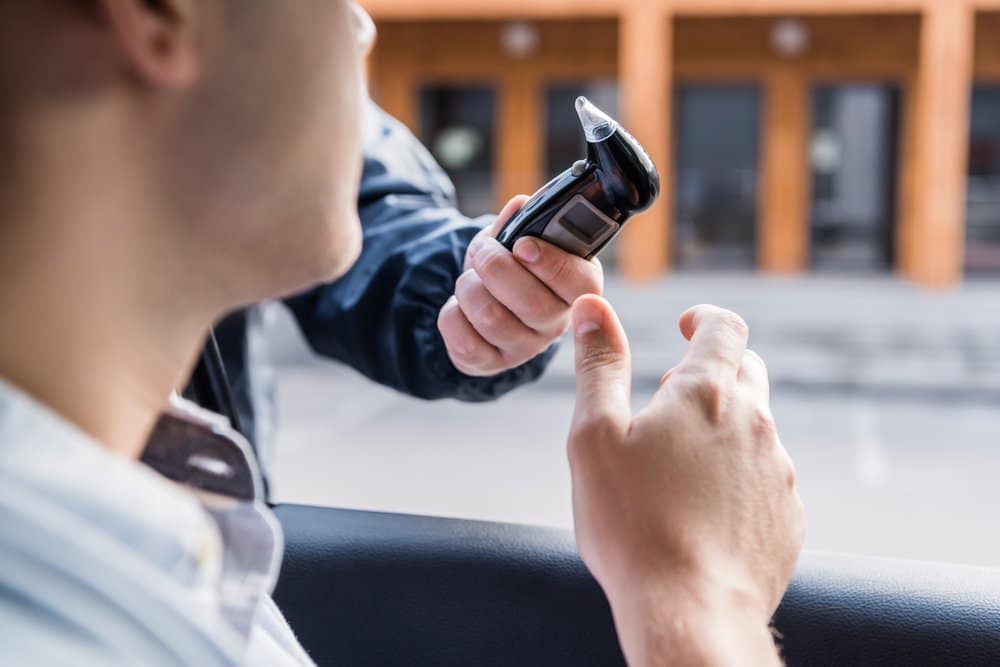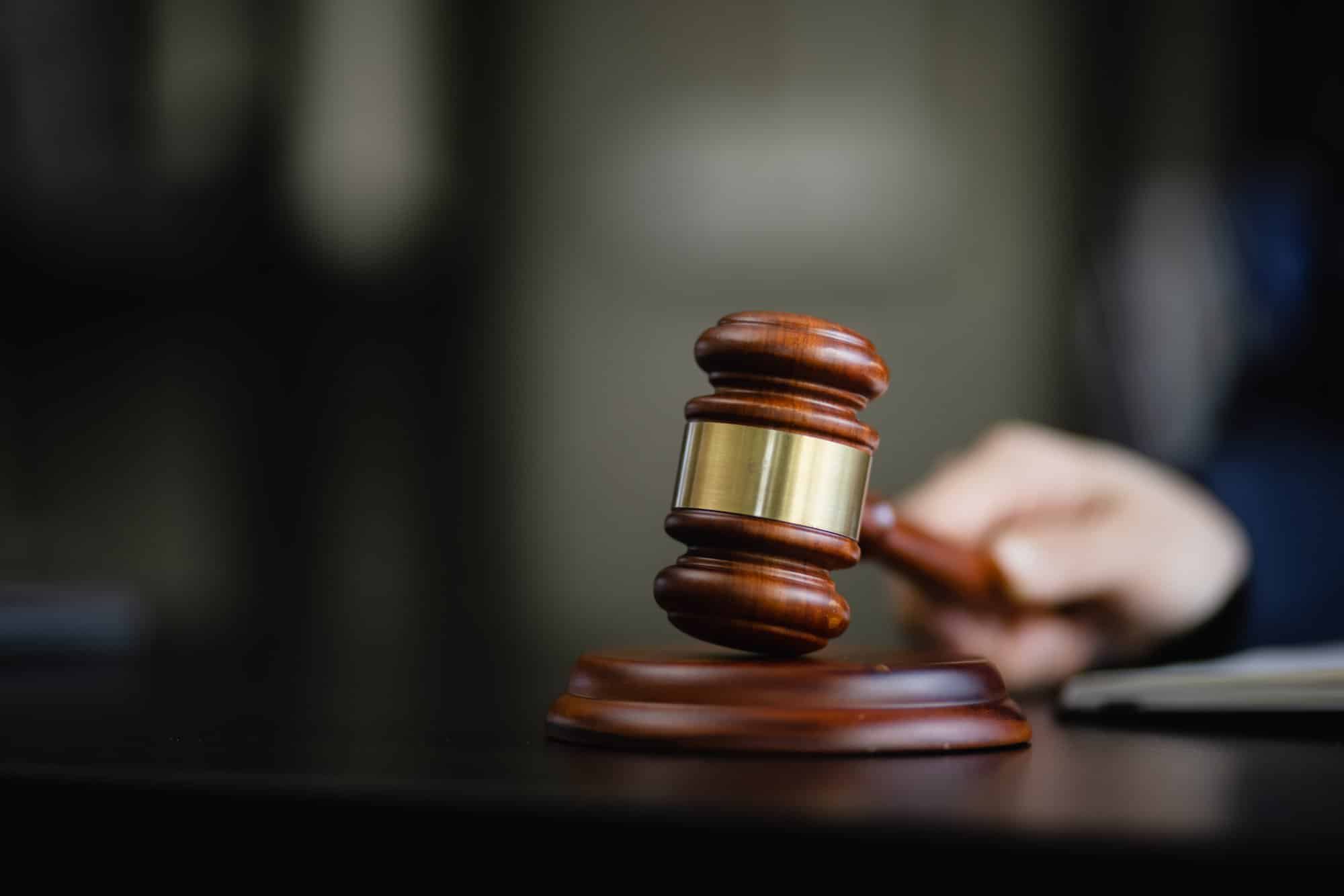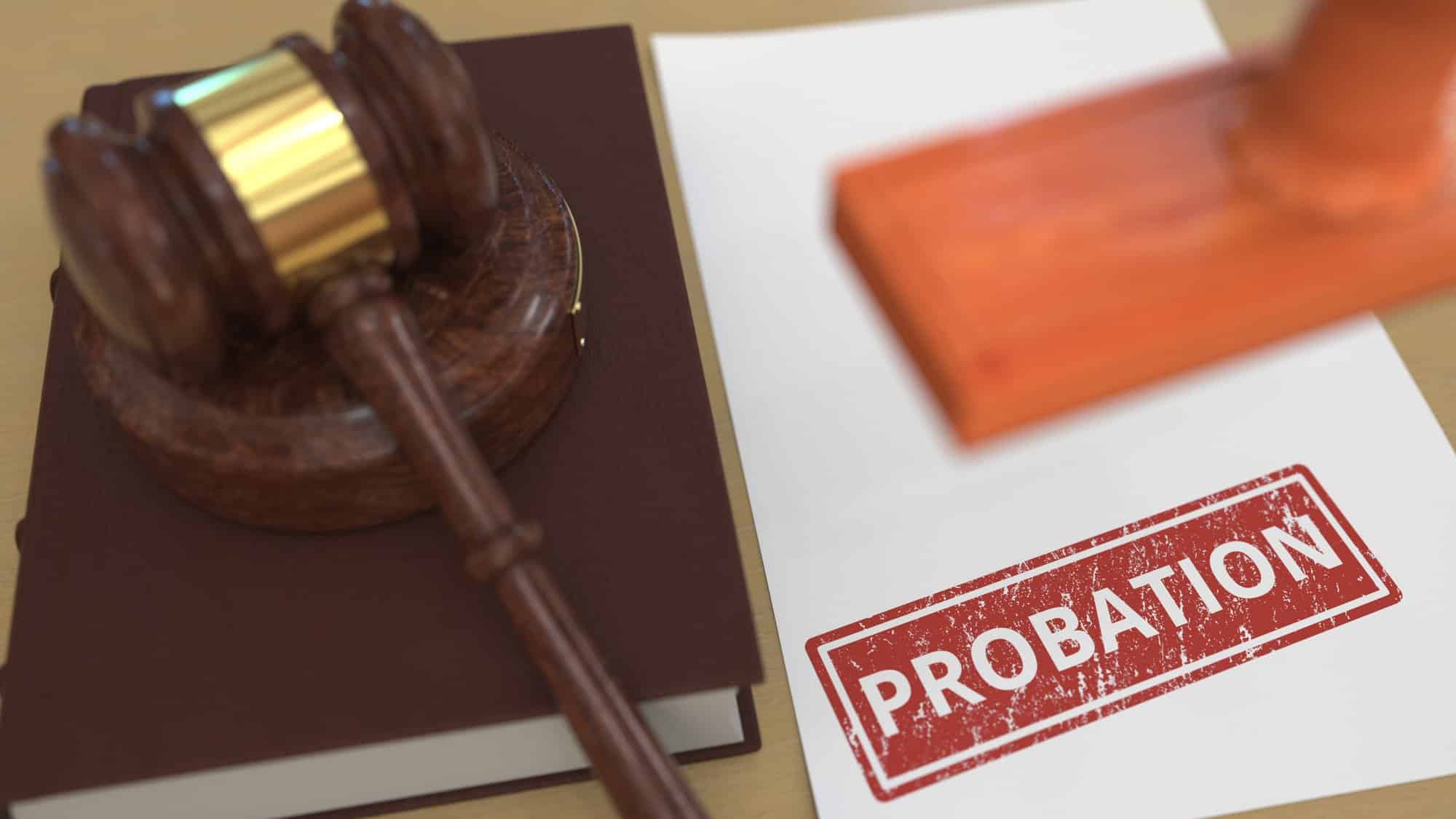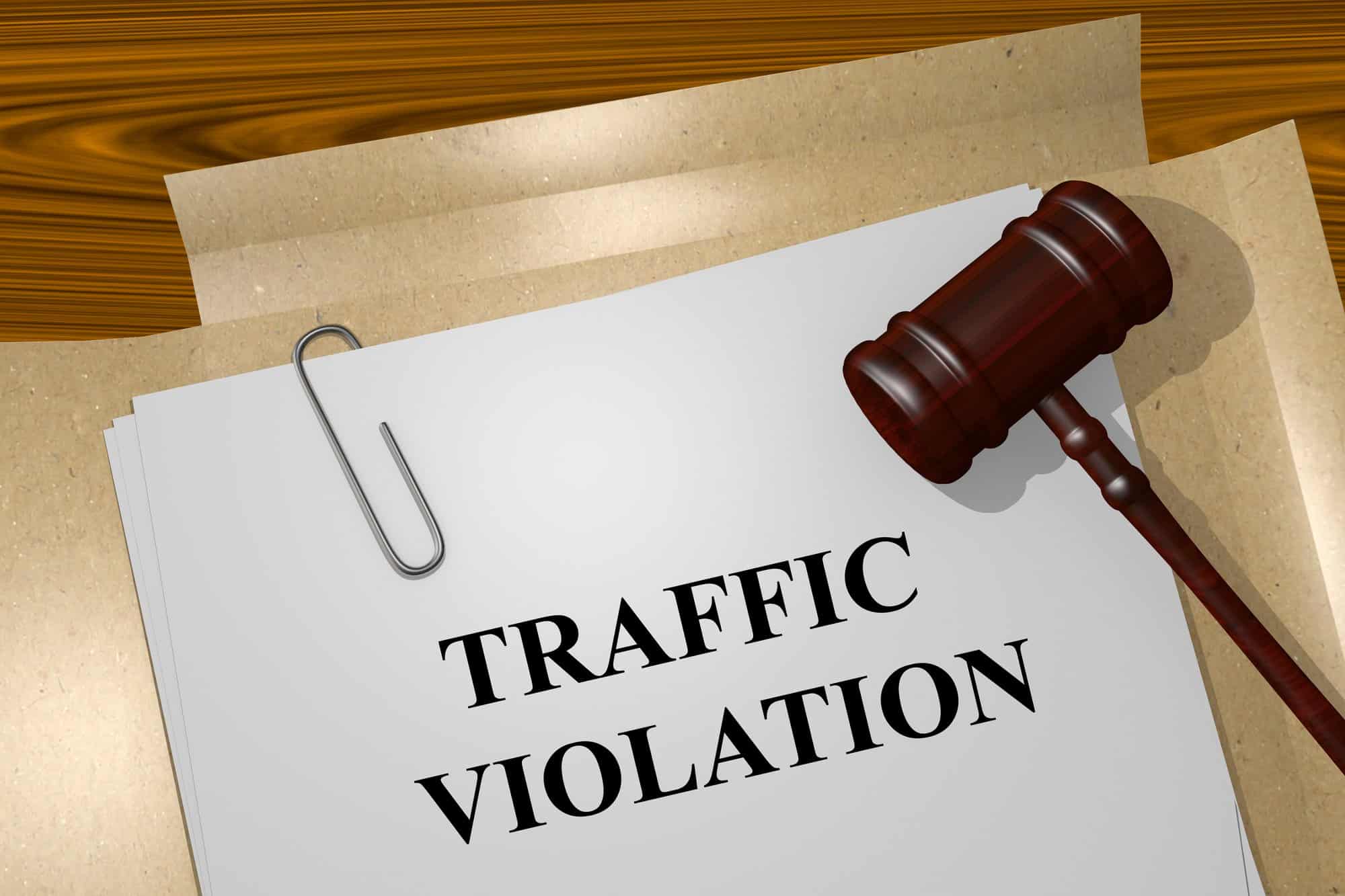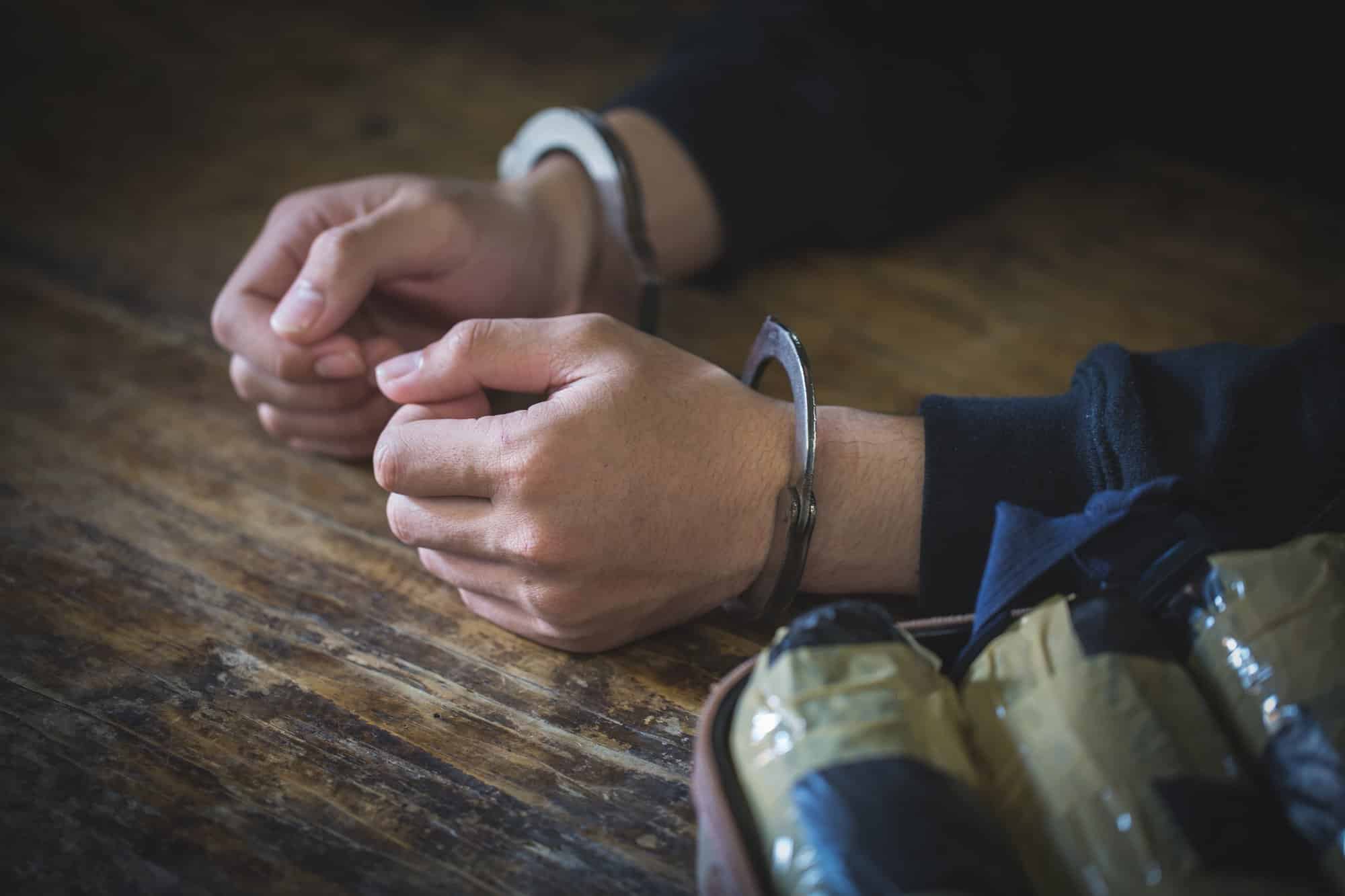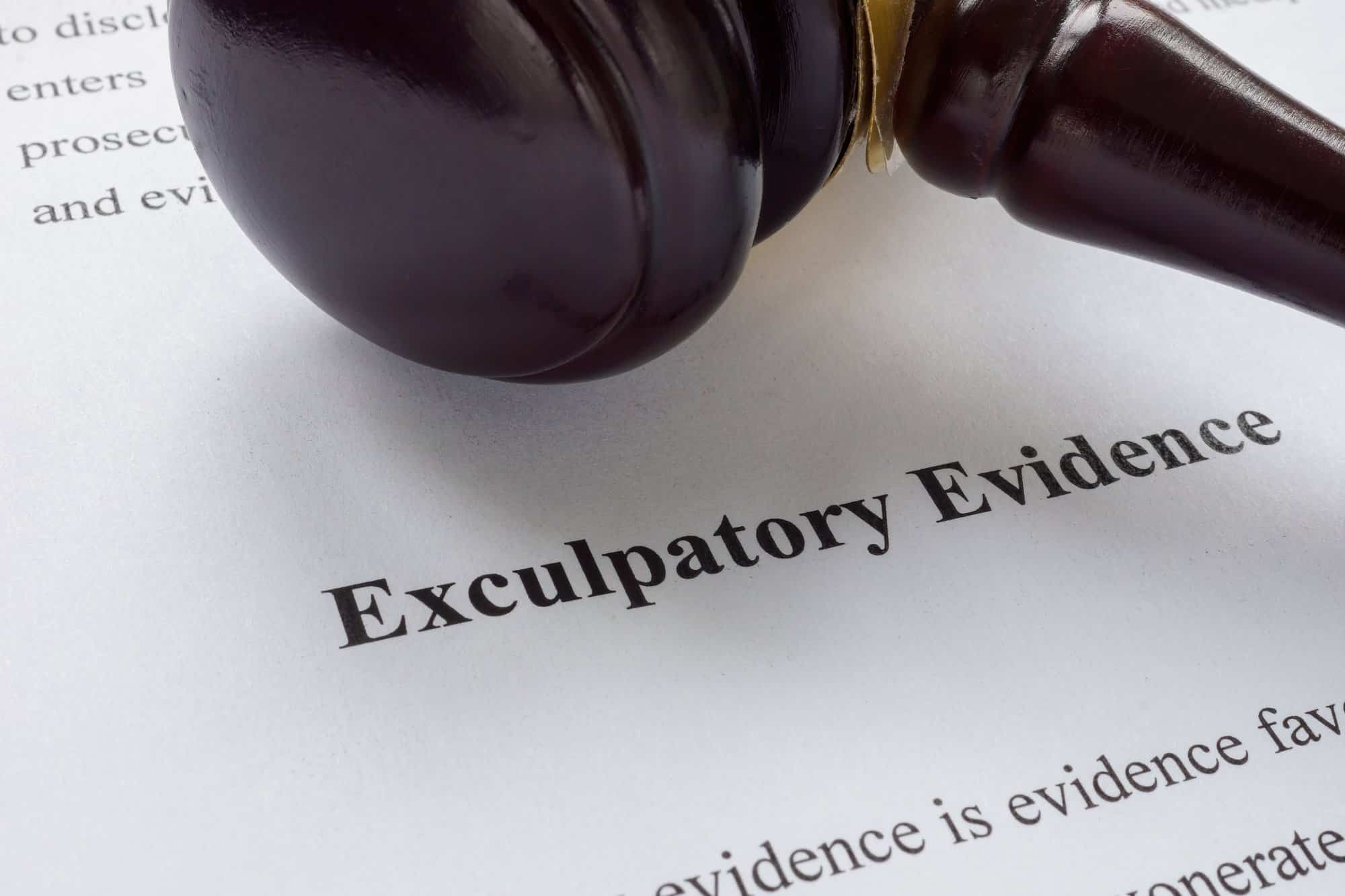Operating a vehicle under the influence of alcohol isn’t the only impaired driving offense that can lead to an arrest. Critically, prescription drugs, over-the-counter medications, and illegal substances can all affect a person’s ability to drive. Drugged driving can be charged in New York as a misdemeanor or felony, depending on the situation — and result in jail time, monetary fines, and license revocation. If you’ve been charged with driving while under the influence of a drug, it’s crucial to have the representation of a skillful criminal defense attorney who can protect your rights.
What are the Penalties for Drugged Driving in New York?
New York State imposes stringent laws against driving while under the influence of drugs. Driving under the influence of drugs can have similar effects to driving while impaired by alcohol — and it can sometimes even be worse. Notably, drugs can significantly impair a driver’s reflexes, judgment, and alertness. A driver who has been convicted of driving while impaired by drugs can face a number of penalties, including the following for a first offense of driving while ability impaired by drugs (DWAI-Drugs):
- A monetary fine ranging from $500 to $1,000
- Imprisonment up to one year
- Probation up to three years
- Participation in a treatment program
- 6 months license suspension
While a first offense is considered a misdemeanor, a second offense within ten years can be charged as an E felony. For a second offense, the penalties can include a fine ranging $1,000 to $5,000, up to four years in jail, and license revocation for a period of at least one year. In addition, there may be collateral consequences, depending on the facts of your case. Insurance rates, immigration status, and professional licensing matters may all be affected by a DWAI-Drugs.
How is Drugged Driving Determined?
Unlike an alcohol DWI, which can be based on evidence of a blood alcohol content of .08% or greater, there is no “per se” standard when it comes to drugged driving. A police officer’s observations about how the person was driving — and their condition when pulled over — will typically be the focus of the case. Importantly, it is not a defense to a DWAI-Drugs charge if the drugs were legally prescribed by a doctor.
The questions in a DWAI-Drugs case generally center around whether 1) the drugs were taken voluntarily; 2) the defendant drove a vehicle; and 3) the extent to which the drugs impaired the defendant’s ability to operate the vehicle safely. Often, Drug Recognition Experts (DREs) are used to examine drivers suspected of a drugged driving offense. The protocol implemented is similar to a field sobriety test in that the purpose is to determine whether there are certain objective or recognizable symptoms that the driver is under the influence of drugs.
The DRE officer’s conclusions may be offered by prosecutors at trial as evidence of impairment. With this testimony, the prosecution does not need to show reckless driving conduct to establish impairment. It only needs to be shown that the driver’s mental faculties were diminished from what would be expected of a reasonably safe and sober driver.
Contact an Experienced New York Criminal Defense Attorney
If you’ve been charged with a DWAI-Drugs, it’s vital to have a criminal defense attorney by your side who can safeguard your rights — and protect your driving privileges. The attorneys at D’Emilia Law offer reliable representation and aggressive advocacy for those who have been charged with impaired driving offenses involving drugs or alcohol and are committed to securing the best possible outcome in each case. To schedule a consultation, contact us at 1-888-DEMILIA.

